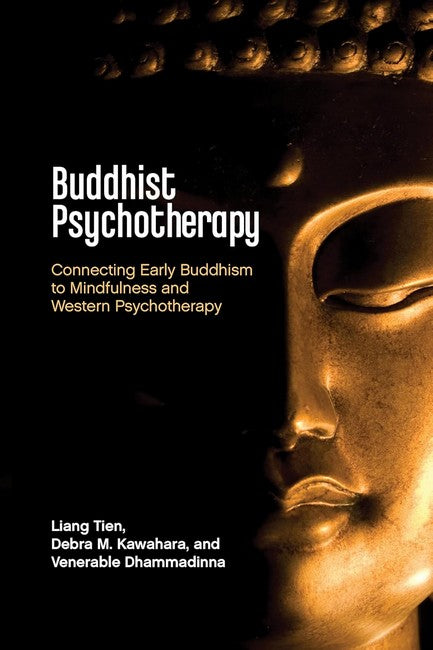Dr. Liang Tien (Tien) is a retired Professor from the California School of Professional Psychology PsyD Program - Hong Kong. Since retirement, she has studied for a PhD in Buddhist Studies at the University of Kelaniya, Sri Lanka, and is a co-founder of the Illumination of Mindfulness Institute at Alliant International University. She is a long-time meditator. As a licensed clinical psychologist, her independent practice focuses on individuals with ancestry from Asian Buddhist-based countries and woman with histories of abuse. Her research interest has been in ethics and immigrant acculturation. Dr. Debra M. Kawahara is the Associate Dean of Academic Affairs and Distinguished Professor at the California School of Professional Psychology, Alliant International University. She is the 2025 American Psychological Association President. As a licensed clinical psychologist, her independent practice focuses on psychotherapy with individuals, couples, and families, as well as consulting and conducting trainings to organizations. Further, Dr. Kawahara is a multicultural feminist scholar whose work centers on intersectionality, Buddhist psychotherapy, women's issues, leadership, and the application of multicultural, feminist, and social justice principles in practice. She is widely published and has presented nationally and globally. Ven. Dhammadinna took robes in 1983 at the age of 25. From 1985 until 2006 she studied under several esteemed meditation teachers in Southeast Asia and India, namely Ven. U Pandita Sayadaw, Dipama Barua, Ajahn Buddhadasa, Ajahn Sumedho, and His Holiness the Dalai Lama. She began teaching retreats in 1989. In 2006 she accepted an invitation to return to the States and is a resident teacher at Bodhiheart Sangha Buddhist Meditation Center. Visit https://bodhiheart.wpcomstaging.com.
Request Academic Copy
Please copy the ISBN for submitting review copy form
Description
Prologue: Our Background and Interest in Linking Buddhism with Psychotherapy Introduction: Linking Western Mindfulness to Early Buddhism Part I. Foundations of Buddhism and Buddhist Psychotherapy Chapter 1. Background on the Buddha and Early Buddhist Texts Chapter 2. Buddhist Psychotherapy Versus Buddhism the Religion Part II. Impermanence Chapter 3. Impermanence Part III. Not-Self Chapter 4. The Five Aggregates: Component Parts of How Humans Experience Existence Chapter 5. How the Five Aggregates Work Together Chapter 6. How We Construct a Notion of a Self Part IV. Dukkha Chapter 7. Dukkha Defined Chapter 8. The First Dukkha: Suffering Due to Birth, Aging, and Death Chapter 9. The Second Dukkha: Suffering Due to Situational Change Chapter 10. The Third Dukkha: Suffering Due to Mental Formations Chapter 11. The Fourth Dukkha: Suffering Due to the Notion of a Self Chapter 12. The Cause and Remedy of Dukkha: The Second and Third Noble Truths Part V. Interventions and Clinical Implications Chapter 13. Assessment Chapter 14. Employing the First Track of the Eightfold Path in Psychotherapy: Conduct Chapter 15. Employing the Second Track of the Eightfold Path in Psychotherapy: Mindfulness Chapter 16. Advanced Mindfulness in Psychotherapy: What to Contemplate in Meditation and Why Chapter 17. Employing the Third Track of the Eightfold Path in Psychotherapy: Wisdom Chapter 18. Three Arenas for Intervention in Buddhist Psychotherapy: A Model and Case Examples Afterword: Summary and Future Directions References Glossary of Pali Terms

